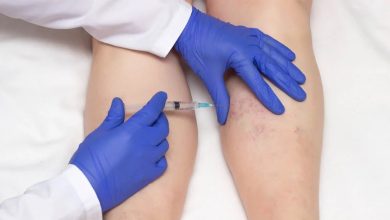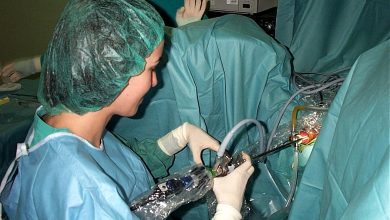Cutting through deception – Polygraph testing insights

Polygraph testing is a scientifically proven method that harnesses the body’s involuntary physiological responses to uncover hidden truths. This cutting-edge technology has become an indispensable tool for law enforcement, government agencies, and private organizations seeking to maintain integrity and uphold the highest standards of honesty. Polygraph testing, commonly known as lie detector tests, relies on the “fight or flight” response principles. When an individual attempts to deceive, their body experiences a surge of stress and anxiety, triggering a cascade of physiological changes. These changes manifest in subtle yet measurable ways, such as fluctuations in breathing patterns, pulse rate, blood pressure, and skin conductivity.
Science of deception detection
The polygraph instrument is a sophisticated device designed to capture and analyze these physiological responses in real time. Highly trained examiners, known as polygraphy professionals, meticulously monitor and interpret the data gathered by the instrument, looking for patterns and anomalies that may indicate deceptive behavior. While the underlying principles of polygraph testing may seem straightforward, the process itself is a delicate balance of science, psychology, and human intuition. Polygraphy professionals undergo rigorous training programs to master the art of reading and interpreting physiological signals, as well as crafting effective questioning techniques to elicit truthful responses.
Applications and benefits
The applications of polygraph testing span a wide range of industries and sectors, each with its unique set of challenges and requirements. In law enforcement and criminal investigations, polygraph examinations gather reliable evidence, corroborate witness statements, and identify potential suspects. Government agencies and national security organizations rely on polygraph testing to vet potential employees, ensuring the integrity of sensitive information and operations. It not only safeguards national interests but also fosters a culture of trust and accountability within these organizations.
Private corporations and businesses have also embraced polygraph testing as a means to maintain a secure and trustworthy workforce, particularly in industries dealing with confidential data, valuable assets, or proprietary information. By identifying potential risks and verifying the truthfulness of employees, these organizations mitigate threats and protect their interests. Beyond these traditional applications, polygraph testing has also proven invaluable in resolving personal disputes, verifying allegations of misconduct, and uncovering hidden truths in sensitive situations. By providing an objective and scientifically backed approach, these tests offer a path toward resolution and closure, fostering transparency and restoring trust in various contexts.
Ethical considerations and safeguards
While the efficacy of lie detector test sc is widely acknowledged, there are ongoing debates and ethical considerations surrounding its use. Proponents argue that these tests serve as a powerful deterrent against deception and promote accountability, while critics raise concerns about potential infringements on individual privacy and the possibility of false positive results. To address these concerns, the polygraph industry adheres to strict standards and protocols. Examinations are conducted in a controlled environment by highly trained professionals, ensuring the integrity of the process and minimizing the risk of errors or misinterpretations.
Furthermore, robust legal and ethical frameworks govern the use of polygraph testing, safeguarding individual rights and ensuring that the tests are administered only with proper consent and for legitimate purposes. Ongoing research and technological advancements further enhance the accuracy and reliability of these services, solidifying their position as a valuable tool in the pursuit of truth.






